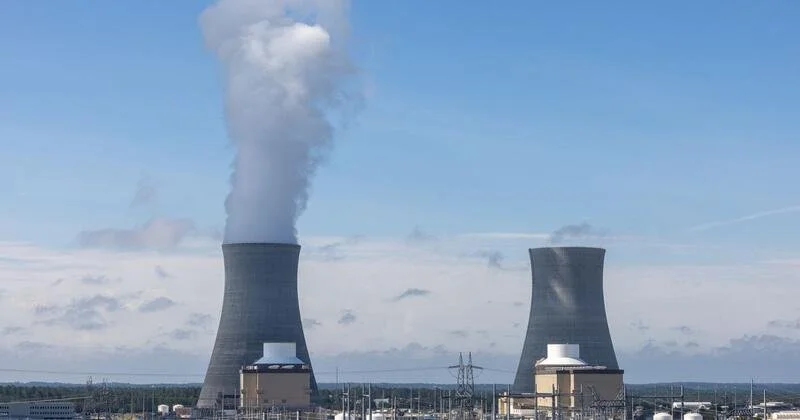Microreactors: Small in Size, Big in Potential
Microreactors—compact nuclear power units typically generating 10 - 50 megawatts of thermal energy—are quickly becoming one of the most exciting developments in clean energy. Designed to be modular, mobile, and self-regulating, these small-scale reactors offer a flexible and carbon-free solution for a wide range of energy needs.
Why the Excitement?
Fast deployment: Factory-built and truck-transportable, microreactors can be installed and operational in weeks—not years.
Resilient power: Ideal for remote locations, disaster recovery, or grid-independent energy.
Carbon-free energy: Nuclear output without the emissions, offering a long-term alternative to diesel or coal.
Key Characteristics
Compact footprint: Designed to operate in limited space with minimal site infrastructure.
Self-regulating designs: Many models feature passive safety systems that require no active intervention.
Long refueling cycles: Some units can operate for 5–10 years before needing fuel replacement.
High-efficiency operation: Advanced reactors often use high-assay low-enriched uranium (HALEU) and deliver both electricity and process heat.
This is not a micro-reactor
Utility Accounting and Rates Specialists provides on-line/on-demand courses on operations and construction project accounting, rates, and management for new and experienced co-op and utility professionals and Board members. Click on the button to see a highlighted listing and description of our course offerings.
Potential Industry Applications
Mining & resource extraction: Power for remote, off-grid operations.
Military & national security: Reliable energy for bases and forward-operating installations.
Community energy: Consistent power for rural, Arctic, or island communities.
Industrial processes: Heat and electricity for hydrogen production, desalination, and district heating.
Current Landscape
Several private companies—such as Oklo, Ultra Safe Nuclear, and X-energy—are working with the U.S. Department of Energy and military stakeholders to develop demonstration models. Early deployments are expected later this decade, potentially redefining distributed energy.
Challenges to Watch
Regulatory pathways for new reactor designs are still developing.
Public perception of nuclear safety and waste must be addressed.
Fuel availability, especially for HALEU, needs to be scaled up to meet future demand.
As utilities, governments, and private industries seek reliable, clean, and local power options, microreactors offer a promising new tool. Their potential to complement renewables, enhance grid resilience, and deliver emissions-free energy—anywhere—makes them a technology worth watching.
How I Can Assist
We help electric cooperatives and utilities navigate complex accounting challenges, streamline processes, prepare cost of service and rate studies and implement industry best practices in work order accounting and system integration. Let’s connect to explore solutions tailored to your needs. Please contact me with any questions to discuss your goals in more detail.
Thanks for reading! I welcome your suggestions for future topics and am always eager to provide insights on pressing industry issues. My goal is to be a trusted resource for utilities and electric cooperatives navigating today’s challenges.
About Russ Hissom - Article Author
Russ Hissom, CPA is a principal of Utility Accounting & Rates Specialists a firm that provides power and utility cost of service and rate studies, expert witness, and consulting services, and online/on-demand courses on accounting, rates, FERC/RUS construction accounting, financial analysis, and business process improvement services. Russ was a partner in a national accounting and consulting firm for 20 years. He works with electric investor-owned and public power utilities, electric cooperatives, broadband providers, and gas, water, and wastewater utilities. His goal is to share industry best practices to help your business perform effectively and efficiently and meet the challenges of the changing power and utilities industry.
Find out more about Utility Accounting & Rates Specialists here, or you can reach Russ at russ.hissom@uarsconsulting.com.
The material in this article is for informational purposes only and should not be taken as legal or accounting advice provided by Utility Accounting & Rates Specialists, LLC. You should seek formal advice on this topic from your accounting or legal advisor.


